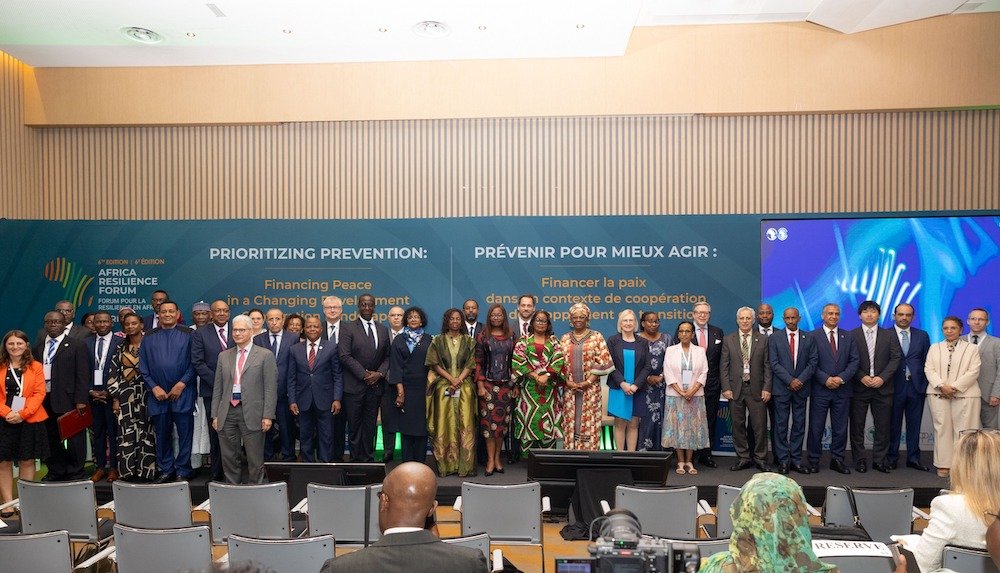With geopolitical tensions currently having a greater effect on the world, Africa has decided to increase its reliance on intra-African trade. As a result, a quiet revolution is underway at Africa’s borders, one that promises to reshape the continent’s economic destiny.
The vision, championed by leaders and participants at the recent Africa Resilience Forum 2025, seeks to replace the traditional, often cumbersome, border checkpoints with single, digitized posts that facilitate, rather than hinder, the flow of commerce and people. This practical step emerges as a critical pathway to unlocking the immense potential of the African Continental Free Trade Area (AfCFTA), the landmark agreement launched in 2021 to create a single market of 1.4 billion people.
Quality infrastructure is seen as the essential catalyst for change. According to Mohammed Abdiker, Chief of Staff of the International Organization for Migration (IOM), during a panel on “Regional Integration and Trade as Pathways to Peace” at the forum, the idea is to have a single border post between neighboring nations.
“If we were to have strong infrastructure like this, it would help facilitate trade. We must all work together, advocating to our governments on the importance of the movement of goods and people for a more integrated management of our borders,” he said.
He also cited past successful collaborations, like a single post project between the Democratic Republic of Congo and Rwanda, and a new, ongoing initiative with the African Development Bank between the Central African Republic and Cameroon that is already improving cross-border trade. Mr. Abdiker added that integrated border management was not just for customs revenue, but for harnessing science and technology for a more connected future.
This vision is being actively backed by the African Development Bank Group, which is financing projects to turn this ideal into reality. These One Stop Border Posts are designed as trade facilitation centers to simplify and dramatically speed up customs and control procedures.
In fact, the success stories are already accumulating—from the establishment of a single control post between Tanzania and Kenya to a juxtaposed checkpoint between Benin and Togo, funded by the Bank Group’s concessional lending arm, the African Development Fund.
However, physical infrastructure is only one part of the equation. Digitization also plays an indispensable role in this new border paradigm. Digitized border services will not only control the movement of people and commercial goods but will also serve as a potent weapon in the fight against corruption.
With a digital trail, authorities can accurately track who and what crosses a border, bringing transparency and accountability to processes historically plagued by inefficiency.
The conversation also showcased the critical need to understand the full, complex picture of African trade. According to Ziad Hamoui, President of the Borderless Alliance—an initiative launched by the West African private sector—there is a need for civil society to be involved to improve the movement of people and goods across borders.


